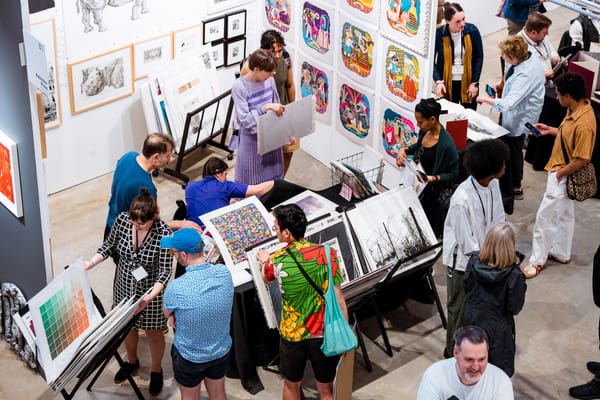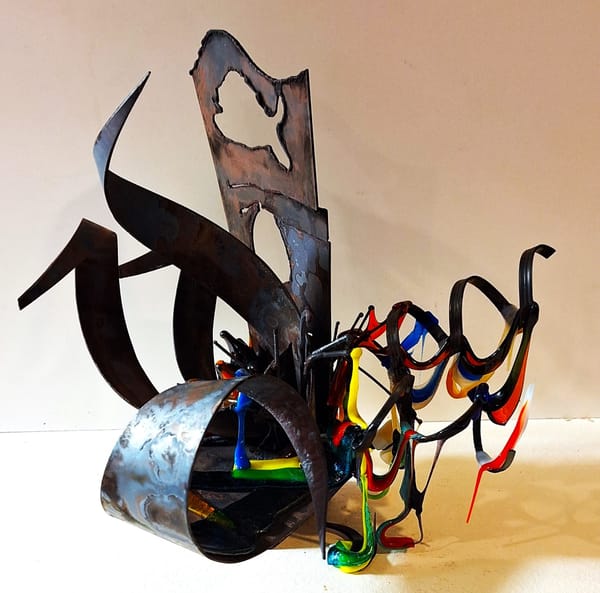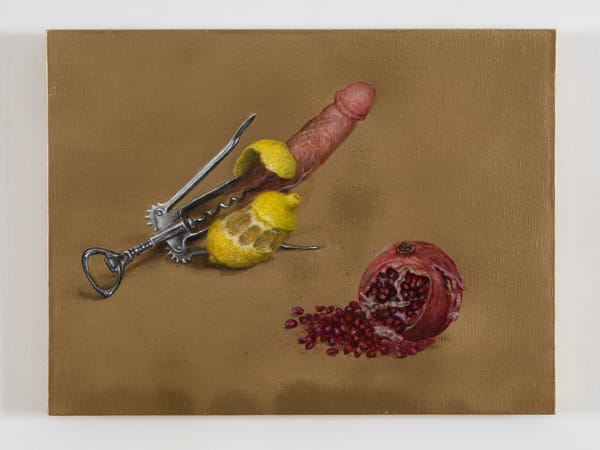Remembering Sandra Bland in Thailand
CHIANG MAI, Thailand — When I first heard about Sandra Bland I was in the Seoul airport, en route to Thailand where I would begin my journey across Southeast Asia and beyond.
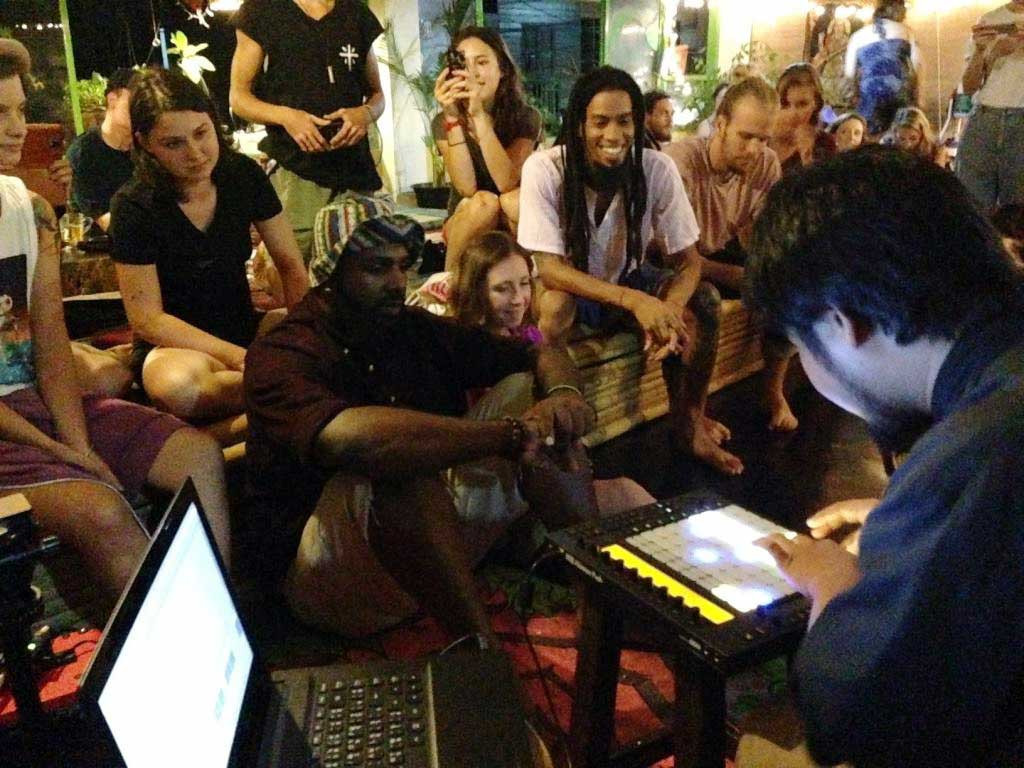
CHIANG MAI, Thailand — When I first heard about Sandra Bland I was in the Seoul airport, en route to Thailand where I would begin my journey across Southeast Asia and beyond. I, like many black women, felt that this case hit particularly close to home. This was not someone who I saw as my black brother, father, or friend — in Sandra Bland I saw myself.
I must admit that I reveled in my distance from home for a bit; the disconnect of being across the world allowed me to pretend that I was a spectator for a moment, rather than a member of the black American community plagued by the most recent cases of police brutality.
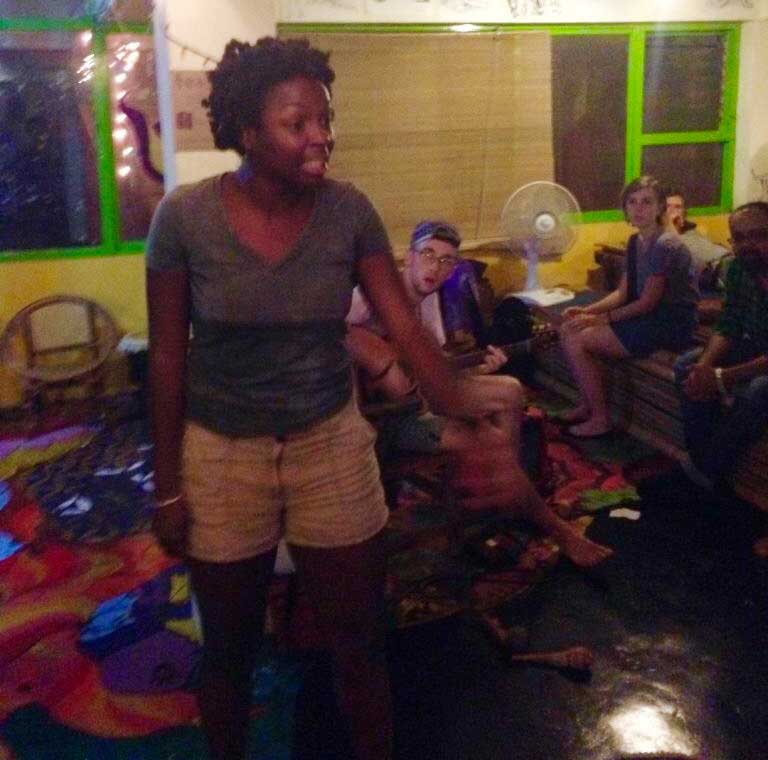
One Friday night, my blinders came off. At the Tea Tree Cafe, here in Chiang Mai, I met a young black woman from Philadelphia named Rhoda Moise. We were two of about six black people in the packed cafe, by far the largest congregation of black people I have seen since I began my journey.
The Tea Tree, like many social spaces in Chiang Mai, is a hybrid venue, serving as a restaurant, bar, performance, and exhibition space. Complete with bamboo floors, pillow seating, and instruments abound, it is an environment that encourages freedom of expression to say the least. I flocked to Rhoda because, like Sandra Bland, I saw myself in her and in this new environment, she provided great comfort.
Rhoda turned to me and said: “Do you think they know who Sandra Bland is?” It was clear that she had a piece she wanted to perform for the audience. I looked around the crowd and it was hard to tell: I did not know anyone in the room, where they came from, or even what languages they spoke. I thought of how much I embraced the blissful ignorance that comes with being in paradise. I removed myself from politics and social media and the current state of black American life, and for the first time since being away from home I realized how wrong that felt, how much I felt that I was dishonoring my own community, how much I was letting down Sandra Bland. I told Rhoda that even if the crowd didn’t know who Sandra Bland was, through her performance, they would learn. If one person went home to do some research about what is happening at home, then her performance would have been a success.
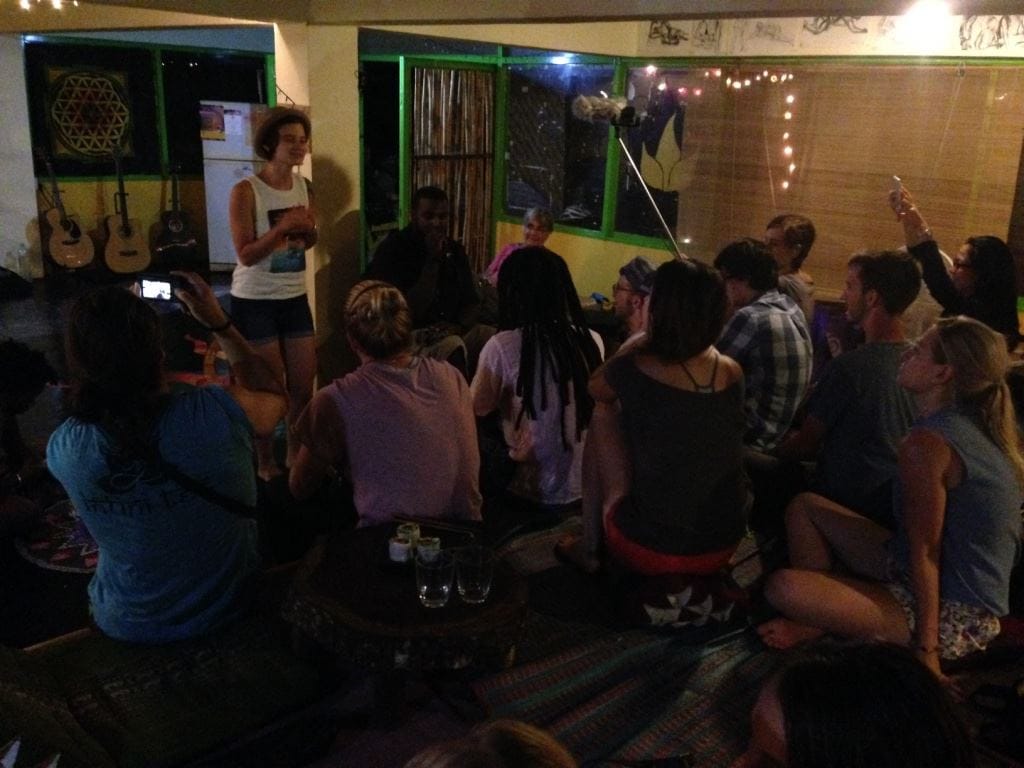
Rhoda grabbed the mic and began her piece by singing part of the black American national anthem. She wove the audience through her personal history as a black woman and what it means to consume the black female body, being proud in spite objectification and devaluation. She spoke of her Haitian heritage. Haiti being the first black nation to gain independence and now one of the most plagued county in the Western Hemisphere — the Dominican Republic’s mass Haitian deportation being the latest humanitarian crisis. Last Sunday, at the Tea Tree in Chiang Mai, Rhoda forced us all — black, white, and Thai — to consider and engage with the issues facing black America, and to remember Sandra Bland.
When I think about what happened to Sandra Bland, a woman who moved to Texas for a job in which she was going to better her community, I am forced to contemplate a real dilemma I face personally. As with the murders of Mike Brown, and Eric Garner, and countless others by the hands of the police, the death of Sandra Bland has pushed me to consider: fight or flea?
We know that Sandra’s belief was to fight. Just before her death she received a job offer at Prairie View A&M university, a historically black university and her alma mater. She created the #sandyspeaks hashtag in which she posted messages and videos often addressing issues of police brutality and racism in America. Sandra’s activism and her devastating death, makes the question of whether to stay in a troubled community to try to enact change or leave all the more pressing.
There is a long history of black creatives who have left the United States, and lived happily as ex-pats across the world — Nina Simone, Josephine Baker, and James Baldwin to name a few. There is a freedom that comes with being black in a country that does not have a “black problem.” Here in Chiang Mai, I do not carry my skin color with the same burden as in the US. On Friday night, in a room full of black writers, singers, and artists at the Tea Tree, we were just black, not light skinned or dark skinned, not acting “too ghetto” or “too white” — just black. I realized for the first time what a relief it must be for a black creative to leave the racial tensions of America. To be able to just be without all of the baggage.
But, in truth, the baggage comes with you. Being a black American comes with a deep rooted conscious, and even homesickness for a place that treats you unlike any other. Here I am, as far from home as I can possibly be and I’m thinking of Sandra. Rhoda’s performance reminded me that as a black woman my existence is at once a privilege and a joy and a burden and a heartbreak. This is felt always, and it does not leave me, even here in Chiang Mai.

